From being a specialized area of study to becoming a fundamental component of contemporary technology, artificial intelligence (AI) has had a significant impact on daily life in ways that were previously thought to be exclusive to science fiction. Artificial Intelligence (AI) is permeating every aspect of our everyday lives, from smart assistants to sophisticated medical diagnostics, and improving convenience, efficiency, and personalisation in a multitude of industries. This article looks at how artificial intelligence (AI) is changing communication, healthcare, transportation, entertainment, and other aspects of daily life.
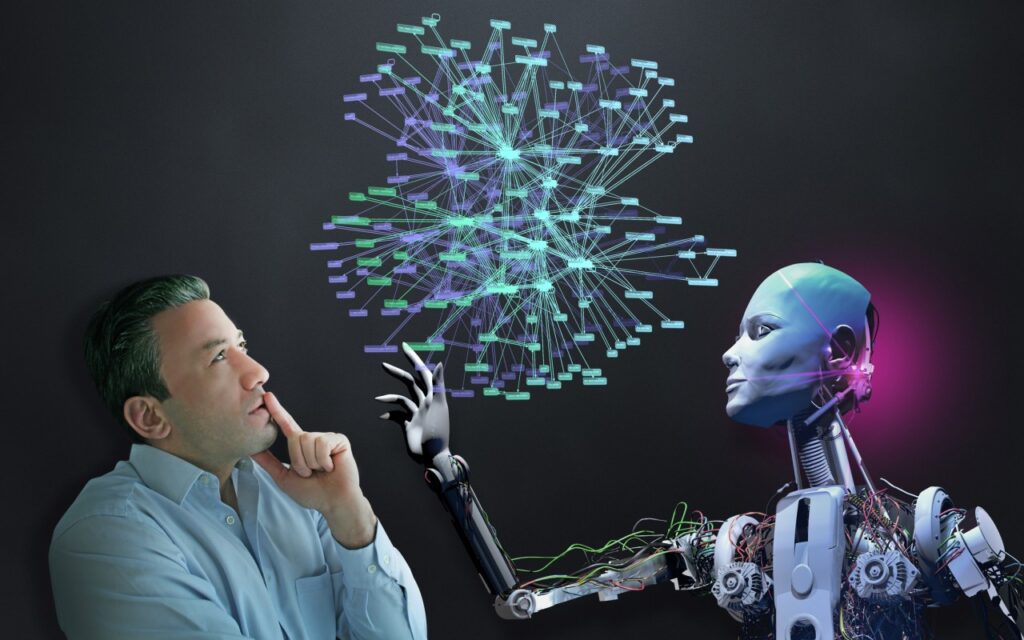
1. AI in Communication
1.1. Virtual agents and smart assistants
AI is revolutionizing communication in many ways, but among the most obvious is through smart assistants like Google Assistant, Amazon’s Alexa, and Apple’s Siri. Natural language processing (NLP) and machine learning techniques enable these virtual agents to comprehend and react to voice commands with remarkable precision. They have the ability to manage your calendar, make reminders, respond to inquiries, and operate smart home appliances.
As a result of user interactions, smart assistants are constantly enhancing their skills and providing more customized and pertinent responses. They also make it easy to communicate hands-free, which helps with managing daily duties when driving or multitasking.
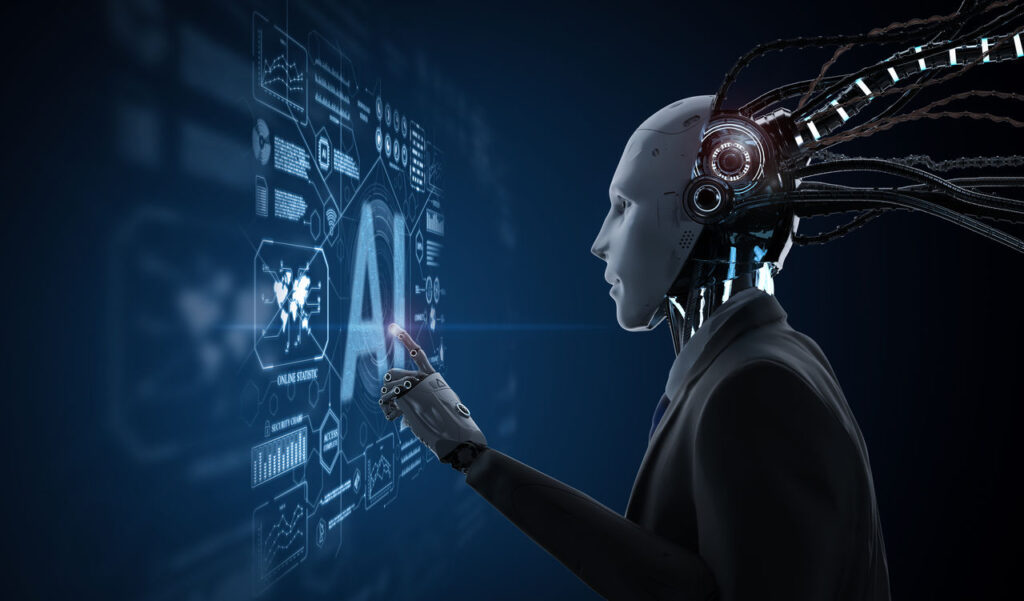
1.2. Improved Interpretation of Languages
AI-driven translation platforms, like Google Translate, have greatly enhanced interlanguage communication. Language barriers are being eliminated as a result of the real-time spoken and written language translation made possible by sophisticated algorithms and neural networks. Travelers, companies doing business internationally, and people keeping in touch with friends and family throughout the world will all find great value in this technology.
2. AI in Healthcare
2.1. Customized Medical Care
Because AI makes more tailored medicine possible, healthcare is being revolutionized. Artificial intelligence (AI) algorithms are able to forecast an individual’s health risks and adjust treatment plans based on the analysis of enormous volumes of data, including genetic information and patient histories. AI, for instance, can detect possible genetic predispositions to specific diseases, enabling early detection and individualized treatment plans.
2.2. Instruments for Diagnosis
Medical diagnosis accuracy and speed are increasing thanks to AI-powered diagnostic technologies. Medical imaging data, like MRIs and X-rays, can be analyzed by machine learning algorithms to find anomalies and help radiologists diagnose diseases like tumors or fractures. AI systems are also being developed to provide first diagnosis and suggestions prior to consulting a specialist, based on symptoms and medical information.
2.3. The Search for Drugs
Artificial Intelligence is speeding up the drug discovery process, which often takes years and requires large resources. Chemical compounds can be analyzed and their potential therapeutic efficacy can be predicted by machine learning models. This may hasten the release of life-saving drugs into the market by shortening the time needed for clinical studies and speeding up the identification of possible therapeutic candidates.
3. AI in Transportation
3.1. Driverless Cars
The development of driverless vehicles is one of the most intriguing advances in AI. AI, sensors, and sophisticated algorithms enabling self-driving cars have the potential to revolutionize transportation by increasing convenience, decreasing traffic, and boosting safety. These vehicles are capable of navigating intricate surroundings, identifying and reacting to barriers and road signs, and making judgments in real time depending on traffic patterns.
3.2. Handling of Traffic
In smart cities, AI is also being utilized to improve traffic control. Artificial intelligence (AI) systems can forecast traffic trends, modify traffic signals instantly, and offer suggestions for route optimization by evaluating data from traffic cameras, sensors, and GPS devices. This may result in shorter travel times, less emissions, and more effective traffic flow.
4. AI in Entertainment
4.1. Suggestions for Content
Through the provision of tailored content recommendations, AI algorithms are revolutionizing the way we consume entertainment. AI is used by streaming services like Netflix, Spotify, and YouTube to examine user ratings, watching patterns, and listening preferences in order to recommend movies, TV series, and songs that are specific to each user’s tastes. Personalization improves user experience and maintains audience interest.
4.2. Production of Content
AI is producing stuff in addition to consuming it. Based on ingrained patterns and styles, generative AI models, like those used in writing, art, and music production, can create original works. The sophistication of AI-generated music and art is rising, opening up new avenues for human-machine collaboration and creative expression.
5. AI in Home Automation
5.1. Intelligent Residences
AI is a major factor in the rise in popularity of smart homes. AI-powered home automation systems enable voice commands or smartphone apps to control lighting, heating, security, and appliances. By analyzing user behavior and preferences, these systems automatically modify settings to improve efficiency and comfort.
For instance, Nest thermostats are intelligent enough to learn about your daily schedule and change the temperature accordingly. Similarly, AI is used by smart security systems to identify known faces and identify suspicious activity. This degree of automation enhances home security and energy efficiency in addition to ease.
5.2. Digital Personal Helpers
Virtual home assistants are also growing more popular in addition to smart assistants. AI-integrated, these gadgets handle daily errands like grocery shopping, appointment scheduling, and reminders. Additionally, they may communicate with other smart home appliances, resulting in a more seamless and simple user interface.
6. AI in Education
6.1. Tailored Education
AI is revolutionizing education by providing tailored educational opportunities. AI is used by intelligent tutoring systems to evaluate students’ strengths and weaknesses and modify course material to suit each student’s needs. These platforms include tools, comments, and tasks that are specifically designed to assist students obtain a deeper knowledge of the material.
6.2. Effectiveness of Administration
Additionally, AI is simplifying administrative work in educational establishments. AI solutions simplify repetitive chores, such as monitoring student records and grading assignments, freeing up teachers to concentrate on instruction and student interaction. AI-driven analytics also assist organizations in making data-driven decisions that enhance both operational effectiveness and educational results.
7. Ethical Considerations and Challenges
Although AI has many advantages, it also presents ethical problems and issues. Data security, privacy concerns, and the possibility of employment displacement are important challenges that must be addressed. It is crucial to create frameworks and policies that guarantee responsible use, safeguard individual rights, and reduce possible threats as AI develops.
7.1. Information Security
For AI systems to work well, enormous volumes of data are required. It is essential to make sure that personal data is gathered, preserved, and utilized appropriately. Establishing strong data security protocols and guaranteeing openness in data use can foster confidence and safeguard individuals’ privacy.
7.2. Loss of Employment
Certain employment may become obsolete as a result of AI task automation. It is critical to address how AI will affect the workforce by funding programs for upskilling and reskilling, encouraging the creation of jobs in untapped industries, and making sure that the advantages of AI are shared fairly.
Conclusion
Artificial Intelligence is changing daily life in significant and impactful ways. Artificial Intelligence is influencing the way people live, work, and engage with technology in the future. It is improving healthcare and communication and changing transportation and entertainment. AI will present new opportunities and difficulties as technology develops, necessitating careful planning and ethical application.
We can use AI to better our lives and build a future where technology is smoothly integrated into the improvement of human experiences if we embrace its potential and address its ethical concerns.

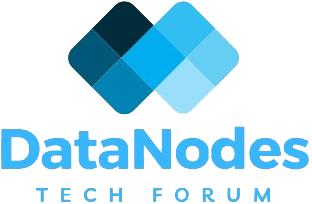
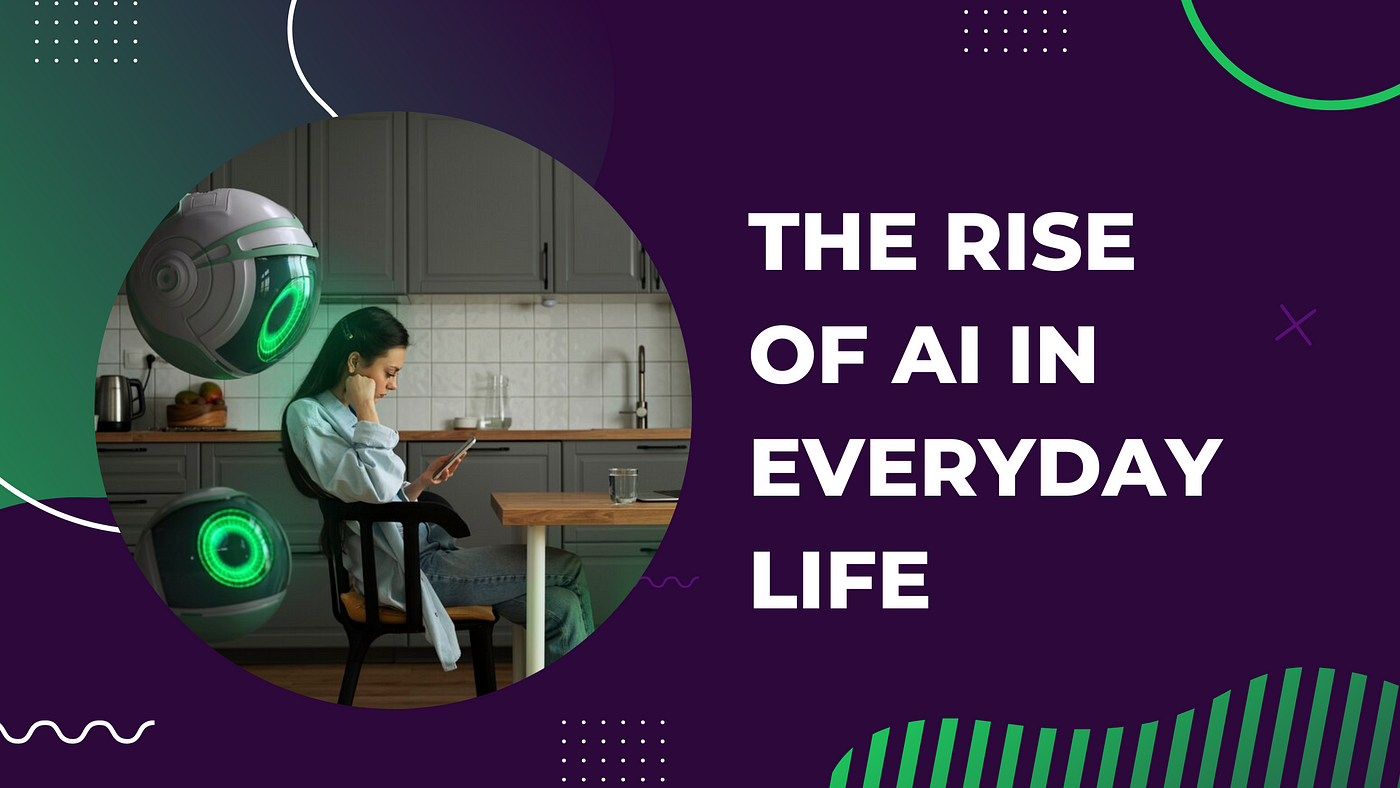




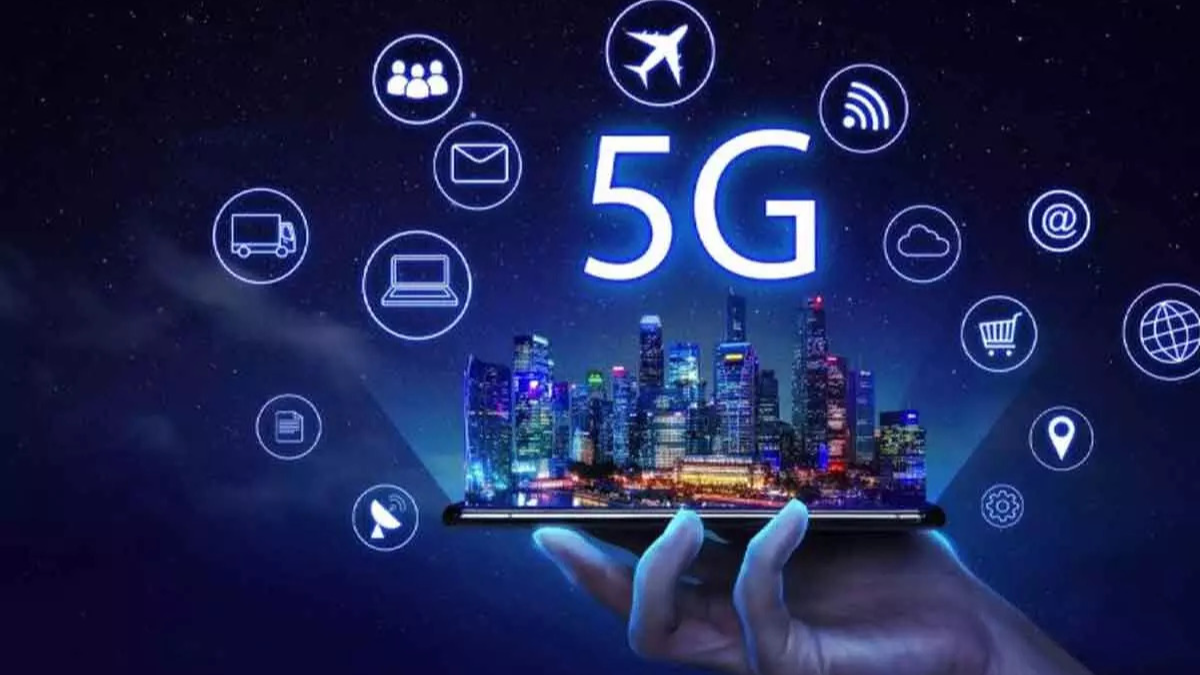

Leave a Reply